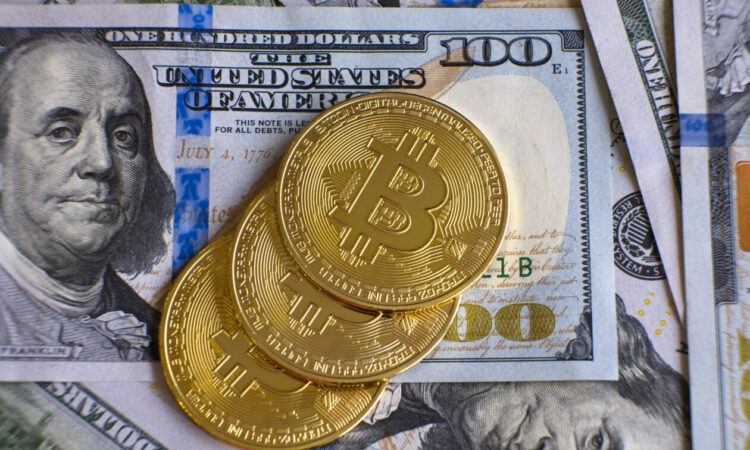
The sudden downfall of FTX.com, one of the largest cryptocurrency exchanges in in the world, has prompted more calls from the industry and legislators alike for clear regulations to police the emerging world of digital asset trading.
The lack of clarity on rules in the U.S. for one is driving investors offshore and handing ammunition to critics of cryptocurrency businesses, industry executives said.
“The [FTX] incident once again erodes confidence in crypto assets,” said Farah Mourad, senior market analyst at forex brokerage XTB Middle East and North Africa, in an emailed statement to Forkast. The need for regulation becomes more important, added Mourad.
Crypto critic U.S. Senator Elizabeth Warren was quick to point to the FTX case as showing the need for “more aggressive enforcement” to ensure financial stability and consumer protection.
Brian Armstrong, co-founder of U.S.-based crypto exchange Coinbase pointed out in a Tweet replying to Senator Warren: “FTX was an offshore exchange not regulated by the SEC.”
According to Armstrong, 95% of U.S. trading activity goes offshore because the U.S. Securities and Exchange Commission (SEC) had failed to establish regulatory clarity in the U.S.
“Punishing US companies for this makes no sense,” Armstrong said.
Backing Armstrong, Brad Garlinghouse, CEO of Ripple Labs that developed the digital Ripple payment protocol, said most crypto trading occurred offshore because companies lack guidance on compliance in the U.S.
“Compare that with Singapore which has a licensing framework, token taxonomy laid out, and much more. They can appropriately regulate crypto b/c (because) they’ve done the work to define what ‘good’ looks like, and know all tokens aren’t securities (despite what Chair Gensler insists),” Garlinghouse said in a Tweet.
Binance, the world’s biggest cryptocurrency exchange reportedly valued at US$300 billion and led by Changpeng Zhao, withdrew from acquiring FTX.com just 24 hours after the deal was announced, citing allegations of “mishandled customer funds.”
FTX.com, led by Sam Bankman-Fried, which was well-known in the industry for rescuing other troubled crypto businesses, now faces bankruptcy unless it can find a buyer soon. FTX.com handles investments for non-U.S. residents, while the separate FTX US exchange is for U.S. residents.
“The lack of a clear and sound regulatory framework for U.S. crypto markets has left people exposed to the supervisory powers of the Bahamas and who knows where for others,” said Jeremy Allaire, co-founder of stablecoin issuer Circle, urging Senator Warren to write a sound policy.
U.S. regulators – the Department of Justice, the SEC and the Commodity Futures Trading Commission – are probing FTX, including the relationship between FTX.com and FTX US.
The collapse of FTX is not good news for the industry, Binance’s Zhao said on Wednesday, and will bring about more regulatory scrutiny while obtaining licenses around the world will become more difficult.
“People now think we are the biggest and will attack us more,” Zhao said.
Market volatility over the FTX saga sent Bitcoin’s price to a two-year low of US$15,682 on Thursday before recovering to US$16,729, down 7% on the day as of 5 p.m. Hong Kong time, CoinMarketCap data showed. Other tokens slumped on Thursday.
“The FTX collapse has wiped out over US$180 billion from the crypto market as digital assets across the board are under tremendous selling pressure,” Shivam Thakral, CEO of Indian crypto exchange BuyUcoin, said in an emailed statement to Forkast.
“Feedback from investors on withdrawals of their funds from FTX will play a crucial role for market recovery in the coming weeks,” Thakral said.






